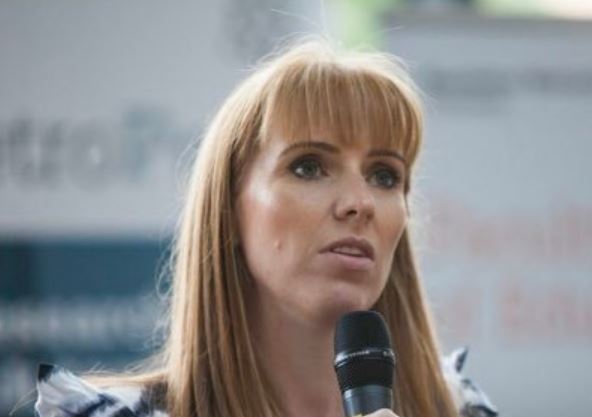
Labour will introduce climate change as a core part of the curriculum from primary school onwards, the party has announced.
Shadow Education Secretary Angela Rayner set out plans to ensure that under a Labour government, children would be educated about the ecological and social impact of climate change.
She said the curriculum would also focus on the skills and knowledge young people need to deal with the changing world, particularly in renewable energy and green technology jobs.
As part of a review of the school curriculum, an expert panel will consider climate change and its impact from primary school onwards.
The announcement on Friday comes on the same day the UK Climate Strike Network hosts more school strikes across the country.
One of the demands of the activists is that the national curriculum is reformed to address the ecological crisis as an educational priority.
Teaching climate change is currently restricted to chemistry and geography in Key Stages 3 and 4.
Speaking ahead of a visit to a primary school in Greater Manchester, Ms Rayner said:
“Today, young people are taking to the streets to send a clear message to the government that climate change will be a fundamental and defining feature of their adult lives, and we must take the action needed to tackle it.
“We need to equip people with the knowledge to understand the enormous changes we face, and skills to work with the new green technologies that we must develop to deal with them.
“That must be part of a broad education and that prepares pupils for adult life.
“Climate change should be a core part of the school curriculum, and under a Labour government it will be.”
Kevin Courtney, joint general secretary of the National Education Union, said: “We welcome Angela Rayner’s announcement, and what it shows about Labour’s willingness to listen to students’ concerns.
“Labour is helping to move education policy away from a sterile emphasis on testing towards a focus on new questions, essential to present day society.
“To address these questions effectively means not only curriculum change, but also an investment in resources and in teacher development.”
Recommended for you
